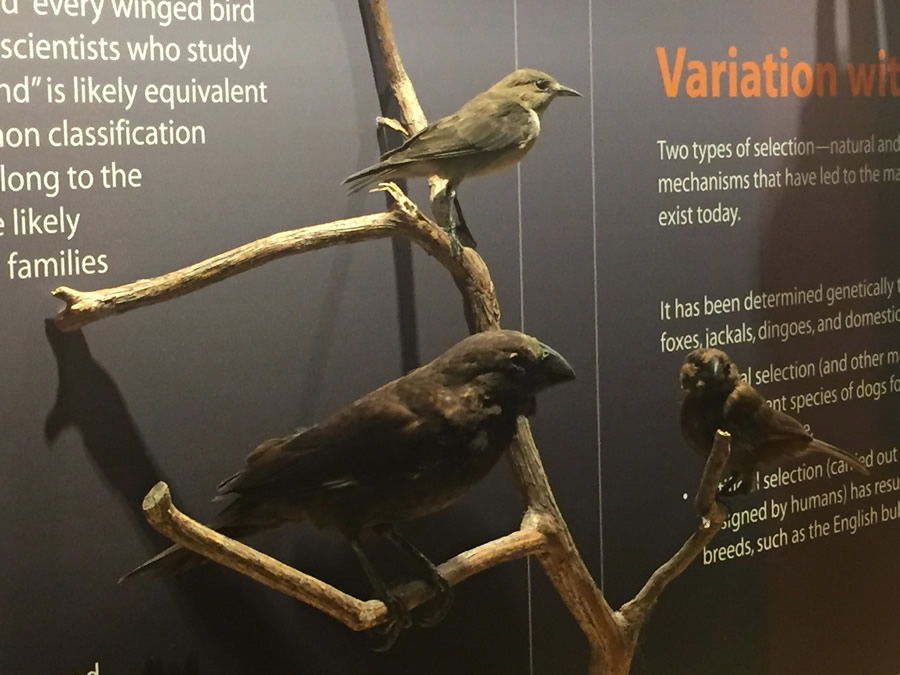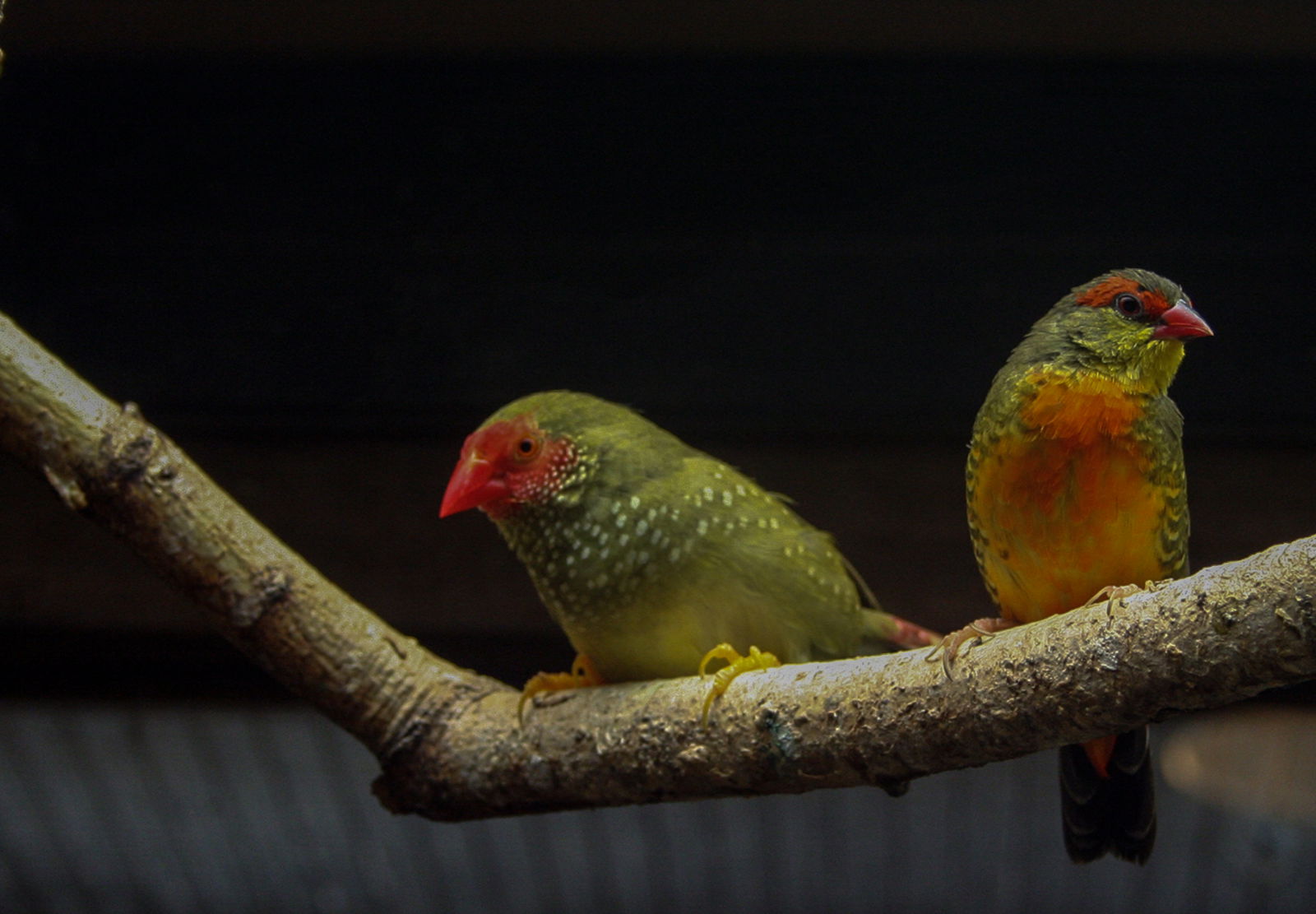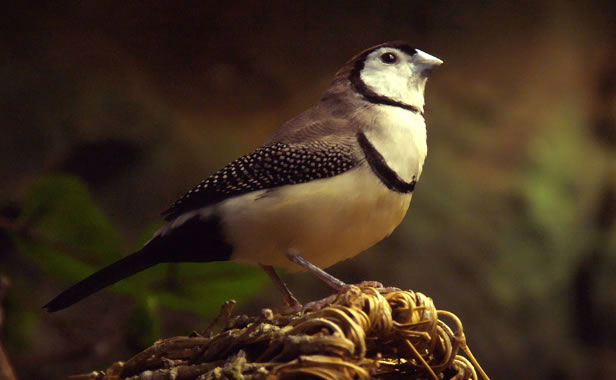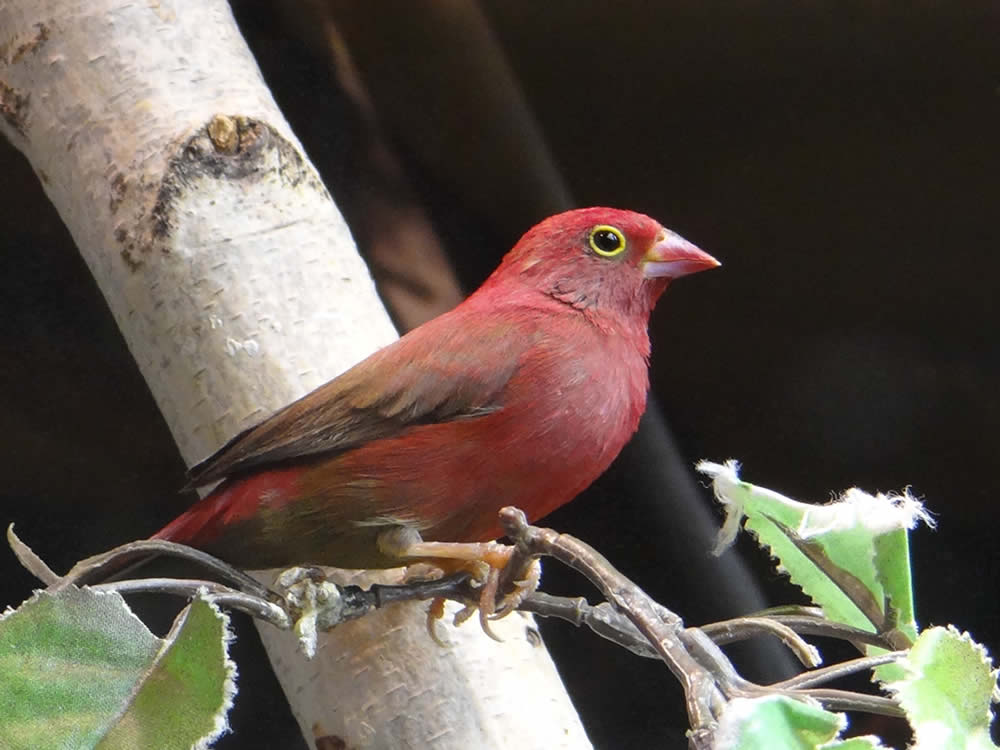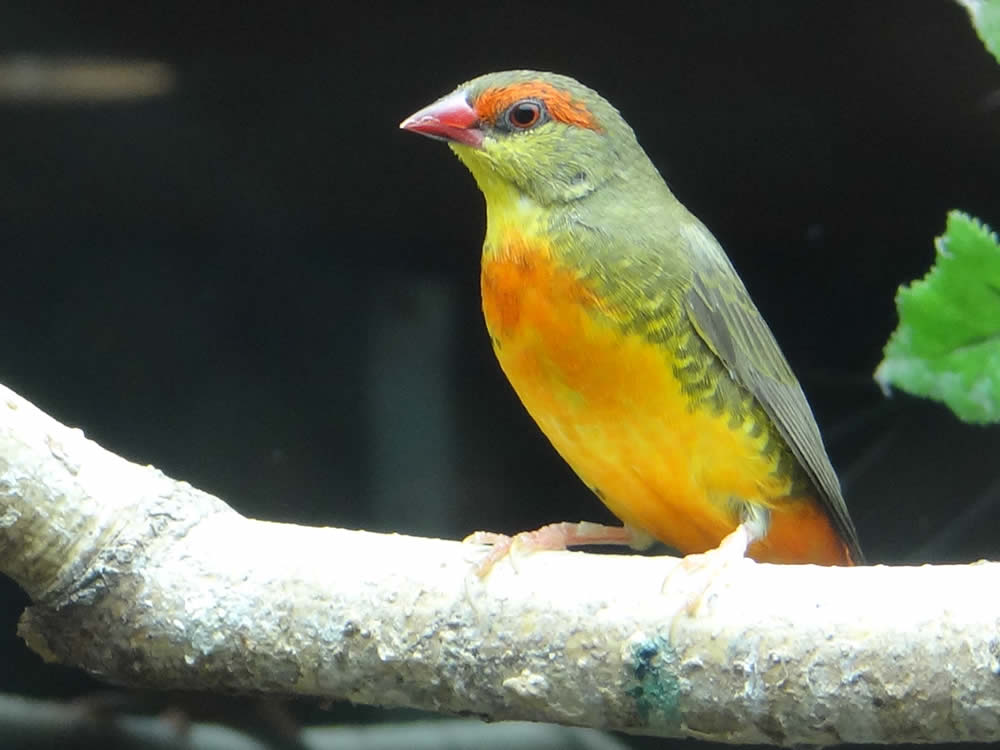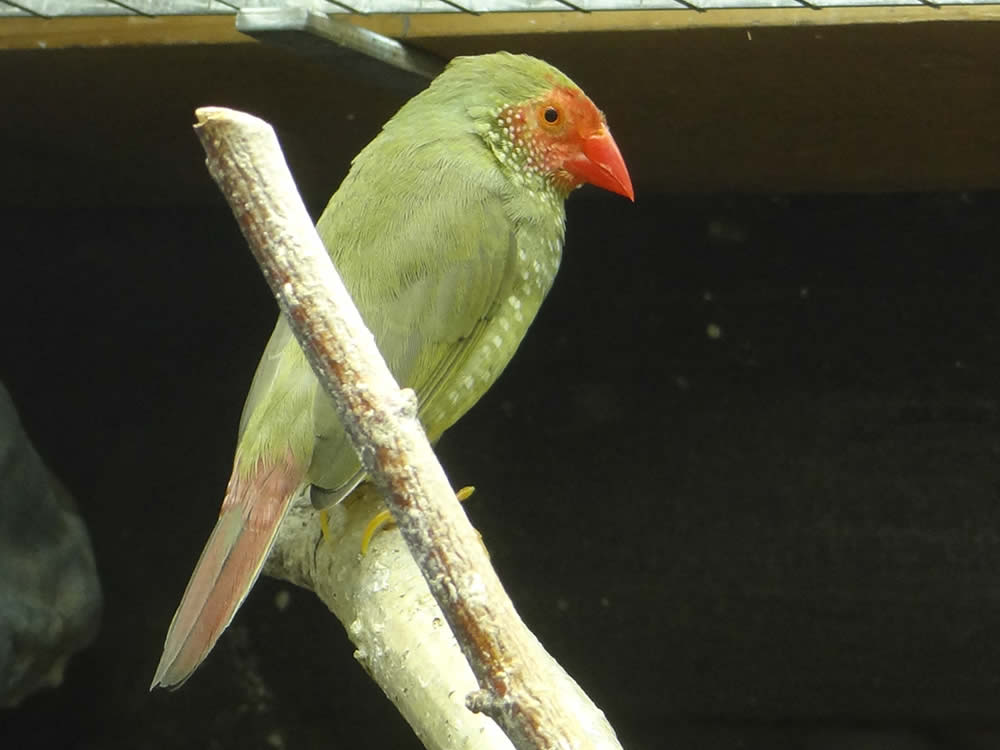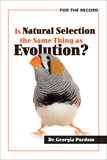
Don’t Feed the Birds or They’ll Evolve
Each year thousands of people fill bird feeders with seeds, corn, and nuts to encourage feathery friends to make a stop in their backyard. Bird feeding is especially popular in the United Kingdom where Britons spend nearly double that of other Europeans on bird feeders and birdseed, and half of homes with a backyard boast bird feeders.1 According to researchers, this seedy proffering is driving the rapid evolution of bird species.2
Bird Feeders and Beak Size
This new research, part of a long-term study conducted by the University of Oxford’s Department of Zoology, focused on several populations of great tits (Parus major), a small bird species. One population was found in Wytham Woods, in the UK, the others in Oosterhout and Veluwe, in the Netherlands.
Researchers looked at genetic variations in more than 3,000 individual birds from these populations. What they found was a genetic divergence between the groups that was linked to beak shape. Comparisons of populations revealed that British great tits now sport longer beaks than their Dutch relatives.
Furthermore, specimens in museum collections revealed that great tit beaks have dramatically increased in length in just a few decades, independent of body size. The researchers believe the reason for the change is that birds’ feeding habits have changed with the prevalence of bird feeders in Britain. Those with longer beaks could more easily reach the succulent seeds and therefore likely survive better and potentially produce more offspring than their short-beaked counterparts. This artificial selection factor is not as strong in the Netherlands where bird feeding isn’t as popular; therefore that population retains a smaller beak.
The study coauthor comments,
Although we can’t say definitively that bird feeders are responsible, it seems reasonable to suggest that the longer beaks amongst British great tits may have evolved as a response to this supplementary feeding.
The Same Old Story
Of course, this isn’t the first time bird beaks have been used as examples of evolution. The so-called “Darwin’s finches” have famously been used to support the idea of molecules-to-man evolution.
The story goes this way: finches on the Galápagos Islands have differing size beaks. Those with certain sizes and shapes of beaks are better able to eat certain foods (this varies based on environmental conditions and other factors), so they are selected for (meaning they likely survive better and potentially produce more offspring than their competitors). These small, observable variations within finches are then extrapolated to eventually lead to large, unobserved changes between kinds of organisms.
But Darwin’s finches on the Galápagos Islands and the great tits snatching seeds out of British bird feeders raise the question—is natural selection the same thing as evolution, as these researchers seem to believe?
Genetic Diversity Within a Kind
Natural selection is an observable process (indeed the idea was first developed by the creationist Edward Blyth). We can observe changes in populations of organisms as they adapt to their environment. Those that are better suited for the environment survive and reproduce preferentially. To the surprise of evolutionists, we observe adaptation occurring much more rapidly than previously thought. In the case of the British great tit population, the birds only needed a few decades for selection pressures (bird feeders) to select for birds that already possessed longer beaks. This apparently caused a population shift from short beaks to long beaks to occur (this is very similar to what is observed with Darwin’s finches). Is this evolution in (rapid) action?
The adaptation we observe is actually consistent with a biblical worldview. God tells us in Genesis that he created creatures “according to their kinds” and that two of each of these “kinds” (seven pairs of some) were taken on the Ark. Baraminologists (creation scientists who study created kinds) have determined that, in the majority of cases, kind is roughly equivalent to family in our modern taxonomic scheme. Within each kind we see variation, adaptation, and speciation as organisms reproduce according to their kind. But what we never observe is one kind changing into another kind.
God, in his wisdom, created each kind with a vast amount of genetic diversity so organisms could adapt in a rapidly changing world. Evolution requires the addition of brand-new genetic information, something that has never been observed. But in a creation model, this information was there from the very beginning and organisms have been losing and reshuffling this information since creation and especially since the Flood. This model explains what we observe in finches, great tits, and more.
These great tits are simply reflecting the diversity in beak size that God built into their genome. But these small birds will never turn into something else—they will always reproduce according to their kind, just as we would expect starting with Genesis.
So keep feeding the birds without worrying that you’re helping them evolve into anything else.
Footnotes
- Mindy Weisberger, “Brits’ Fondness for Feeding Birds Is Changing Their Beaks,” Live Science, October 24, 2017, https://www.livescience.com/60760-birdfeeders-drive-beak-evolution.html.
- George Dvorsky, “Backyard Bird Feeders May Be Altering the Course of Evolution,” Gizmodo, October 20, 2017, https://gizmodo.com/backyard-bird-feeders-may-be-altering-the-course-of-evo-1819710424.
Recommended Resources

Answers in Genesis is an apologetics ministry, dedicated to helping Christians defend their faith and proclaim the good news of Jesus Christ.
- Customer Service 800.778.3390
- © 2024 Answers in Genesis

